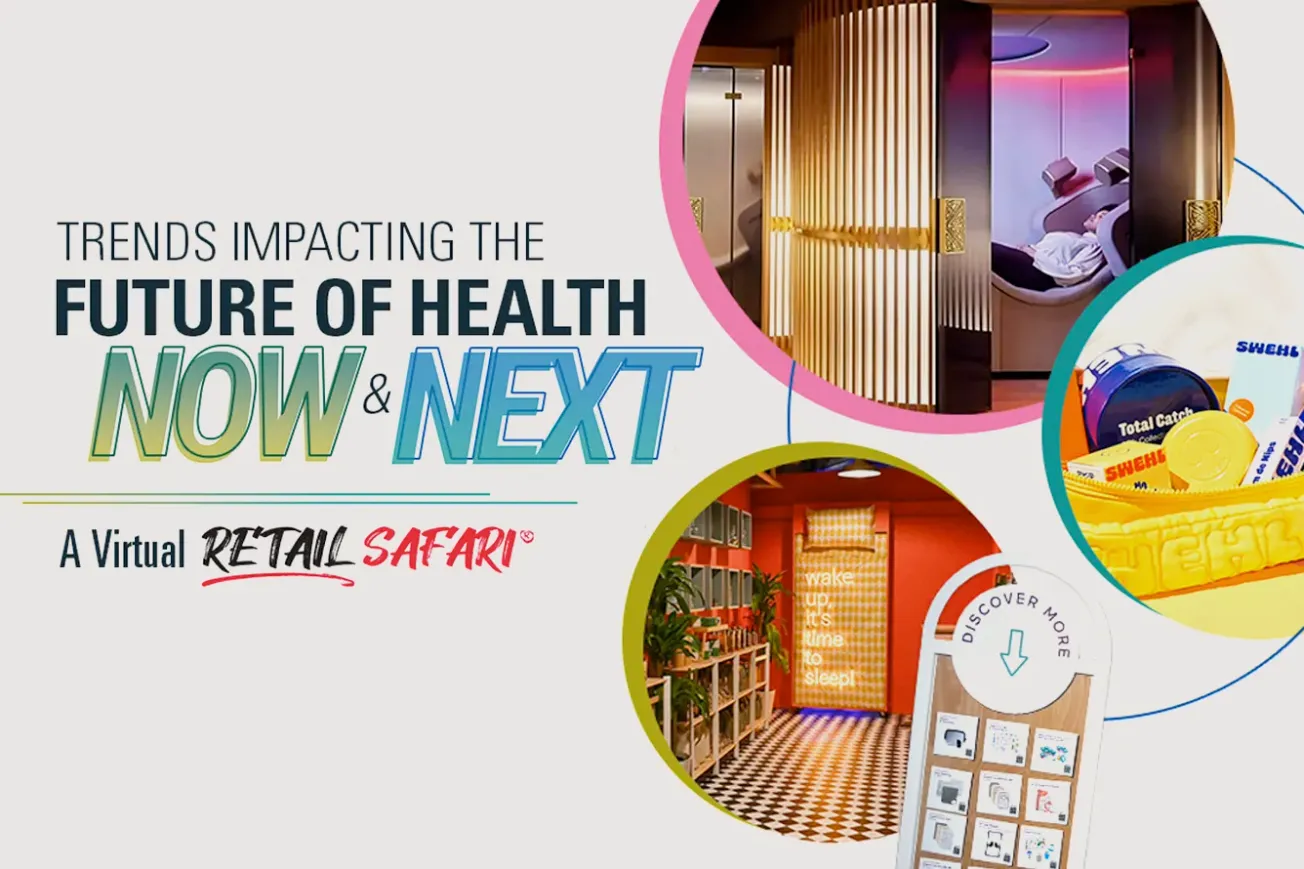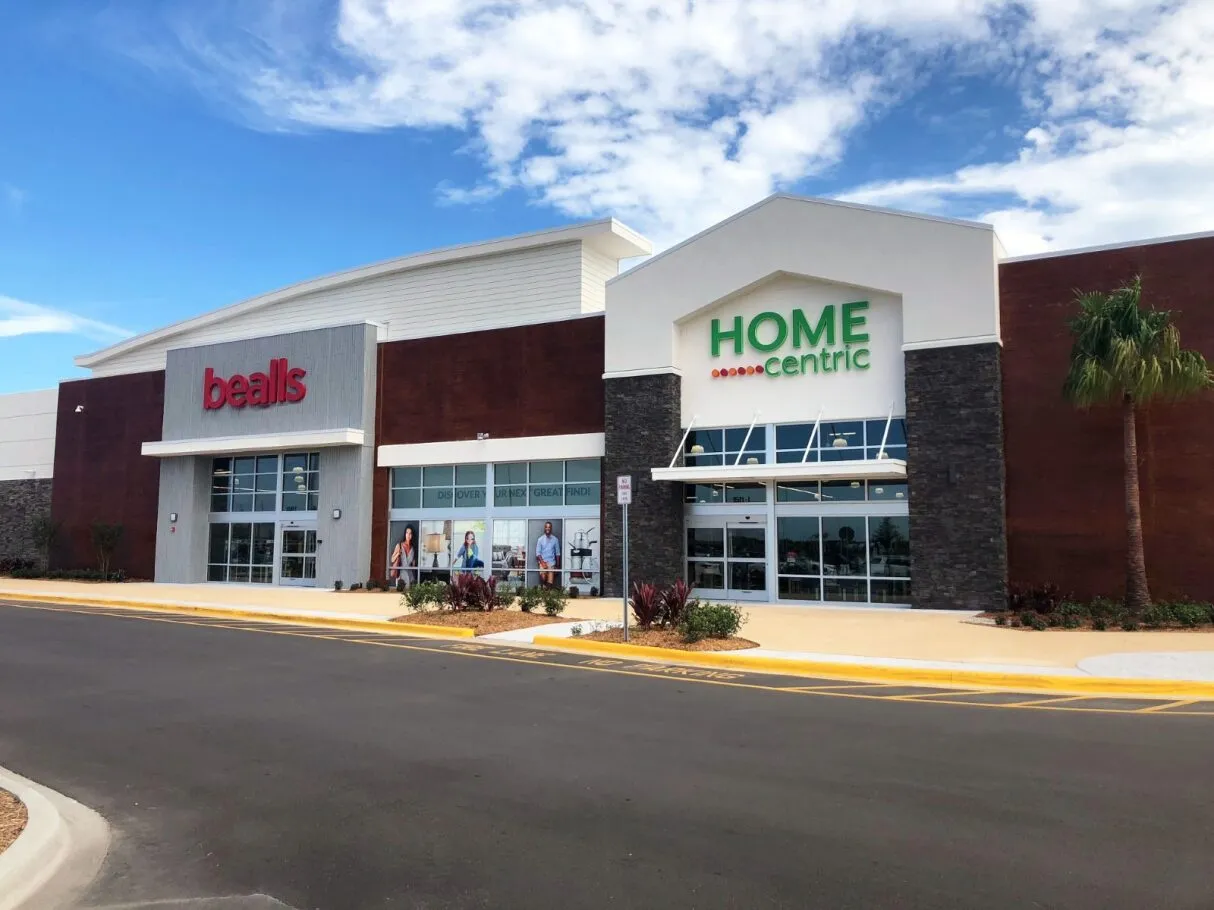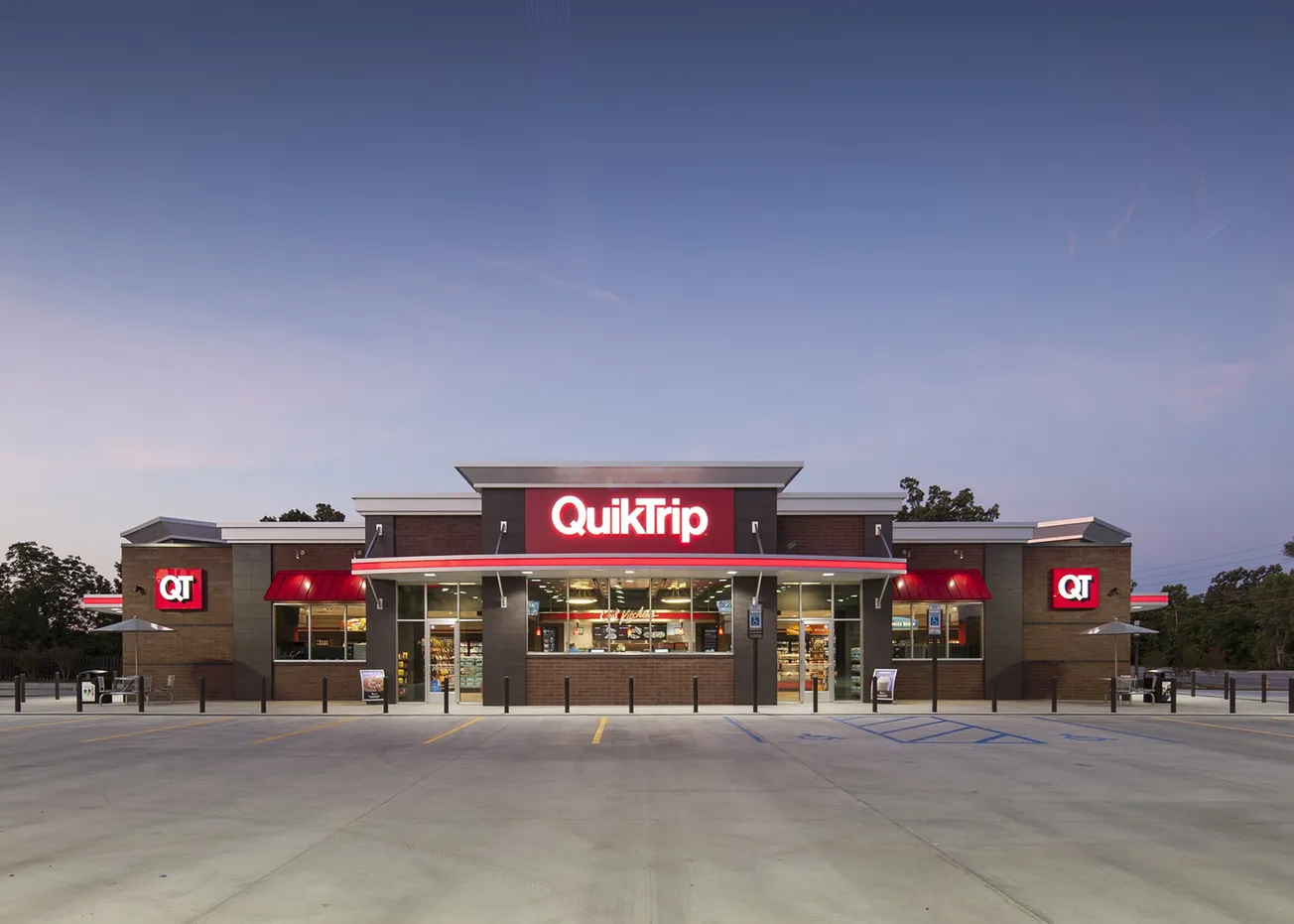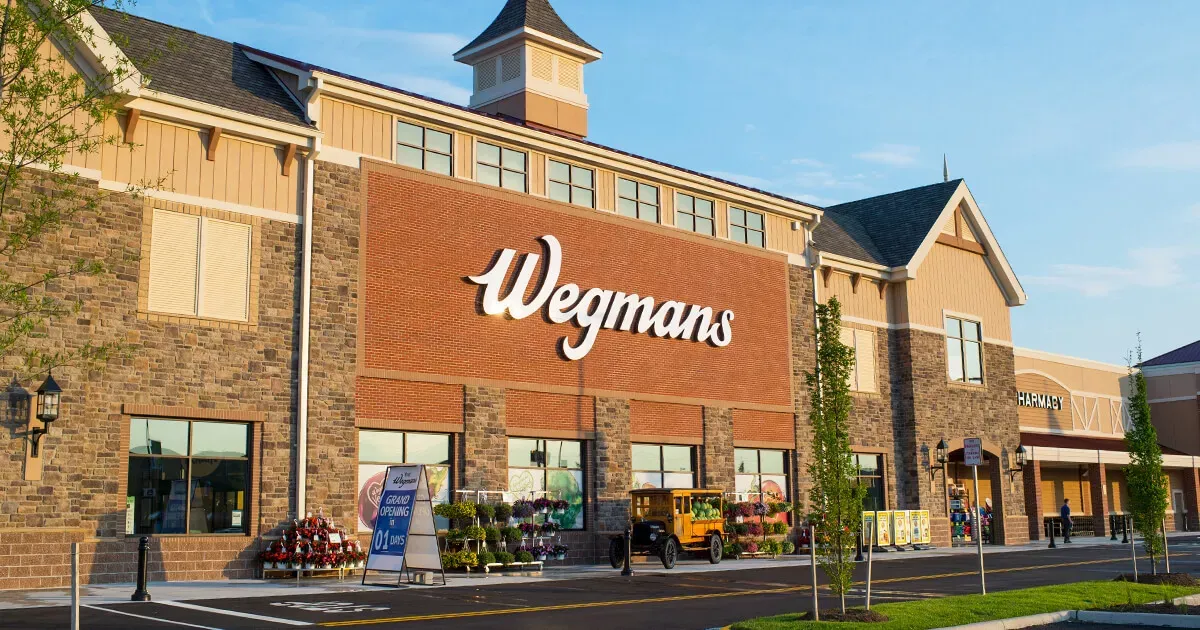NEW YORK — Today’s consumers want easy ways to improve their health that are also affordable and accessible, and a recent Virtual Retail Safari hosted by WSL Strategic Retail highlighted some of the innovative retailers that are stepping up with solutions.
Led by Marianne Javier, VP of Creative Services at WSL, the presentation highlighted the importance of understanding shoppers’ evolving health needs and the strategies companies are using to stay ahead.
“We tell you that if you follow the shopper, you will see the future,” Javier said. “And that's what we do. We help you build shopper-centric growth strategies for the future. And we do this by understanding the why and what comes next.”
A WSL "How America Shops" study focused on the Future of Health found a real need for innovation in the retail health and wellness space. Only a third of Americans rate their health as "excellent" or "very good," according to the study, WSL CEO and Chief Shopper Wendy Liebmann explained, noting that the figure has dropped significantly since 2020. With financial pressures at an all-time high, many consumers — particularly younger shoppers, households with children, and lower-income families —struggle to prioritize their health. Stress remains the No. 1 obstacle, with nearly 40% of consumers identifying it as a significant barrier to living healthier lives.
Against this background, WSL’s Virtual Retail Safari detailed some ways retailers are reimagining how they can support consumers' health needs. That includes some retailers that are not typically thought of as operating in the healthcare space. As an example, Katie Hornsby, Retail Innovation Consultant at WSL, pointed to IKEA. The furniture retailer recently hosted a sleep-focused pop-up event in New York City. By showcasing such practical solutions as adjustable mattresses, white noise machines, and clutter-free environments, IKEA helped promote solutions to help consumers enhance their sleep, which is vital to health.
“The key was to help shoppers understand why they're not sleeping well, what's causing their stress and how to solve for it, Hornsby said. “And then of course, to get them to shop at Ikea.”
Vitamin Shop, meanwhile, has pivoted towards addressing the needs of consumers seeking weight management solutions, including new pharmaceuticals like the GLP-1 drugs. The retailer has created a one-stop shop with nutritional supplements, education on weight loss drugs’ potential side effects, and affordable pricing options. The aim is to provide holistic support for consumers looking to improve their health.
Mental health is another area where retailers are stepping up. Rituals, a global beauty and wellness brand, has redefined urban well-being with its "Mind Oasis" concept, offering affordable mental relaxation treatments in-store. These treatments, such as hydro massages and sound therapy, cater to stressed consumers seeking quick and affordable mental health breaks, showing how wellness can be integrated into everyday life.
Happy Coffee, a company founded on the principle of improving mental health, has a unique partnership with the National Alliance on Mental Illness (NAMI). By giving NAMI an equity stake in the company, Happy Coffee has made mental health support a core part of its brand identity, highlighting how businesses can build trust with consumers by aligning with social causes.
Companies must continue to innovate to stay competitive in the health and wellness sector. As Liebmann pointed out, successful companies will offer a combination of solutions, services, and savings—the "three S's." This means not only offering products but also providing services like personalized care, accessible online resources, and seamless shopping experiences.
Retail giants like Amazon are already leading the way with initiatives like Amazon Pharmacy, which delivers medications directly to consumers' doors. This convenience and competitive pricing make Amazon a formidable player in the healthcare space, as it continues to build trust with its vast customer base.
WSL sees trust as the overarching theme in today’s health and wellness retail landscape. Consumers are no longer content with just being offered products to buy; they expect holistic solutions that address their needs comprehensively. Whether it’s managing stress, improving mental health, or tackling weight management, businesses that create innovative, accessible, and affordable solutions will be the winners.










